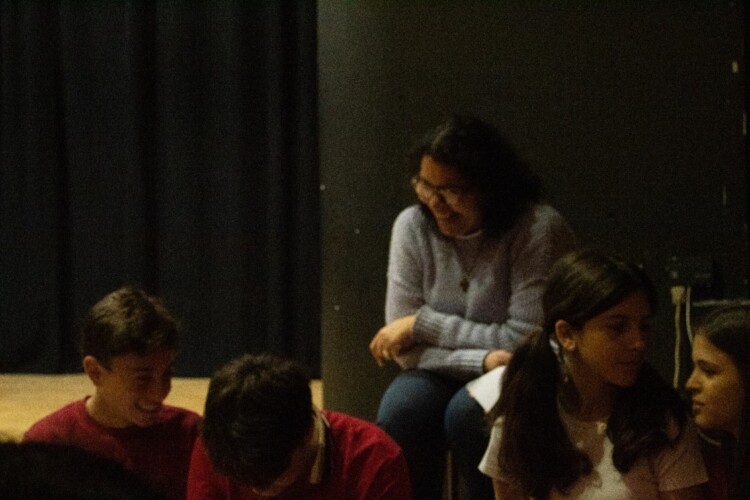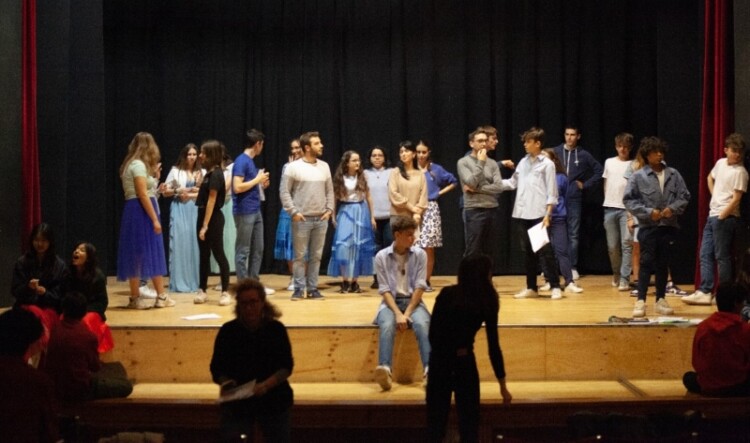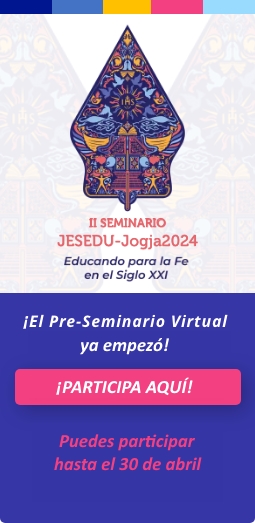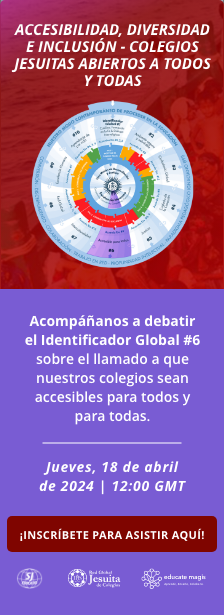“He is my guest. Get out of our town!” – Mohammad Gulab said.
“Do you want to die for an American soldier?” – a Taliban dared Muhammad.
“Why are you doing this for me?” – Marcus asked unable to understand what was going on.
(From the movie “Lone Survivor” based on a true story, 2013)
This scene of the movie really surprised me. How come a man, a father, a husband, a member of a tribe could dare to do so? How could Muhammad protect an American soldier in the middle of Taliban territory in Afghanistan? The answer was at the end of the movie:
“The Afghan villagers who protected Marcus did so due to their 2,000-year-old code of honor, known as Pashtunwali.
Pashtunwali requires a tribe to undertake the responsibility of safeguarding an individual against his enemies and protecting him at all costs”.
Marcus was the only survivor of “Operation Red Wings” in Afghanistan…
Being an immigrant is really hard. Thanks to the stereotypes, people believe immigrants are dangerous simply because foreigners have different cultures, customs, and perspectives that “force” local people to move out of their “comfort zone”.
It is necessary to have a strong conviction or a kind of “Pashtunwali code” to welcome immigrants and walk with them to achieve not only a healthy integration into a new culture and society but also to encourage them to offer the richness of their own cultural heritage.
 As an educator in the «Istituto Leone XIII» – a Jesuit school in Milan, Italy-, I have the privilege of being part of this process with a great team of teachers. Each one of us takes care of the different aspects of this integration process.
As an educator in the «Istituto Leone XIII» – a Jesuit school in Milan, Italy-, I have the privilege of being part of this process with a great team of teachers. Each one of us takes care of the different aspects of this integration process.
Since language is an essential vehicle for communication, there are Italian teachers who make themselves available to provide extra Italian lessons to students coming from abroad. Also, the scholastic evaluation of these students is gradual, according to their Italian level.
As a Religion teacher, I work with my students on the values of empathy, tolerance, openness, welcoming, and respect. For example, we began to work and think about how to implement the Global Pact on Education suggested by Pope Francis: “…we believe that it is time to subscribe to a global pact on education for and with future generations. This calls for a commitment on the part of families, communities, schols, universities, institutions, religions, governments, and the entire human family to the training of mature men and women” (Video message during the meeting of the Congregation for Catholic Education; October 15th, 2020).
I also encourage my students to go beyond the fear of what is different, breaking down stereotypes, prejudices, and indifference. We did it through an Affectivity workshop and activities that help them to be focused on what we have in common more than on our differences. For instance, we promote sports and cultural activities as the annual musical in which students work together. Besides the “Sharing Evening” in which we reflect on a topic, discuss it in groups, and socialize.

Finally, I propose to them current social issues to think about it and debate. I want them to know and be informed about what is happening in our society, encouraging them to think and take action when it is possible.
Marcus, the American soldier, was not saved by a single man. Marcus was saved by a convinced and committed tribe. I hope, all of us – the Jesuit schools- grow up more and more as a tribe who “undertake the responsibility of safeguarding an individual against his enemies and protecting him at all costs.”
Inicia sesión o Hazte miembro
para crear y ver comentarios

